Look around you, almost everyone you see has a fitness tracker or a wearable wellness device on them. You will find that most people you know have at least a couple of health and fitness apps downloaded on their phone. These devices and apps do everything from calculating your steps to monitoring heart rate and sleep.
There has been a surge in popularity of fitness and health trackers in the last few years. According to a 2023 survey by Statista, 35 percent of women and 34 percent of men in the United States used and owned a wearable fitness or wellness device to track physical activity, heart rate, sleep and more.
If you’re working towards a healthier 2025, then investing in a fitness tracker might help make sure you meet your goals.
What fitness trackers measure
There are various fitness tracker brands out there. They come in different designs and price points, and offer a variety of features. But most trackers, including the most basic ones, focus on a few core metrics. These include:
- Counting steps: Even the basic pedometer counts your steps, and this feature is found across all fitness trackers. It allows you to set daily step goals and encourages you to get up and get moving.
- Time spent on physical activity: We all have personal fitness goals. Maybe you want to run three miles a day or strength train for an hour daily. Your fitness tracker can measure the amount of time you have spent on a particular physical activity and even send you reminders to move. This will keep you accountable when it comes to exercising.
- Heart Rate: Almost all fitness trackers have a heart rate monitor. For a more accurate measurement you also have smartwatches, chest straps and arm straps that can track your heart rate. It tells you how hard you are working out and allows you to adjust your pace to achieve higher or lower heart rates for different activities.
- Calories: A big part of staying healthy is watching what you eat. You also want to make sure you are using up the calories you ingest. The calorie burner metric on your tracker will allow you to understand how much energy you have used, which can be useful for weight management.
- Sleep quality: When you’re looking to get fit and healthy, sleep plays a major role. You need to get a good night’s rest for your body to rest and build strength. A sleep tracker, in the form of a watch or a ring, analyzes data such as the hours you sleep, how deep your sleep is, and your resting heart rate so you can build good bedtime habits.
Why health trackers work
Fitness and health trackers measure a bunch of metrics as mentioned above. The numbers not only provide an overall picture of your health but also motivate you to reach your goals and make working out a habit. Whether it is meeting your daily step count or doing an hour of yoga, there is a sense of accomplishment when the tracker tells you your workout is complete or you’ve reached your target for the day.
As this happens day after day, it breaks the intimidating goal of “getting healthier” into something more doable. Some trackers even offer challenges or allow you to connect with friends to see what workouts they are doing. This gives rise to healthy competition and a sense of community, thereby making sure you stay on track.
Tracking can go beyond fitness. You can also monitor your water intake using a smart bottle. Staying hydrated is vital for your overall health. So while tracking steps and calories, you want to make sure you are getting in enough fluids, especially if you work out a lot or have a busy job.
The HidrateSmart bottle comes with a sensor at the base which is rechargeable and glows to remind you to drink water. The bottle is synced with your smartwatch or phone via the HidrateSpark app, where your water intake is logged. You can set your own goals for how much to drink in a day, or the app can also calculate a personalized goal for your optimal hydration. So once that is logged in all you have to do is go about your day and drink up whenever you get a notification.
Finding the balance
Yes, fitness trackers offer plenty of tools to aid you on your journey to a healthier lifestyle. But they don’t work for everyone. For some, it causes worry when they don’t meet their daily step count or aren’t as physically active as they planned to be that day. The constant reminders can cause stress as well.
This makes it important to find the right balance. Use the metrics to motivate you to prioritize your health, without feeling down if you skip a workout or fail to get your steps in. Decide what numbers you want to focus on and what you are okay to be flexible with. Using a tracker can help in forming good habits and once that happens the metrics and numbers don’t matter as much as how you feel. So stay active, and stay hydrated with your HidrateSpark smart bottle!
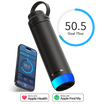
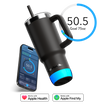
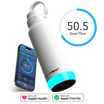
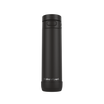
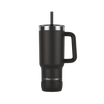
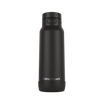
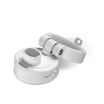
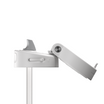
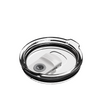
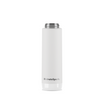
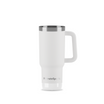
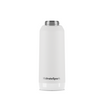
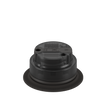
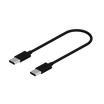

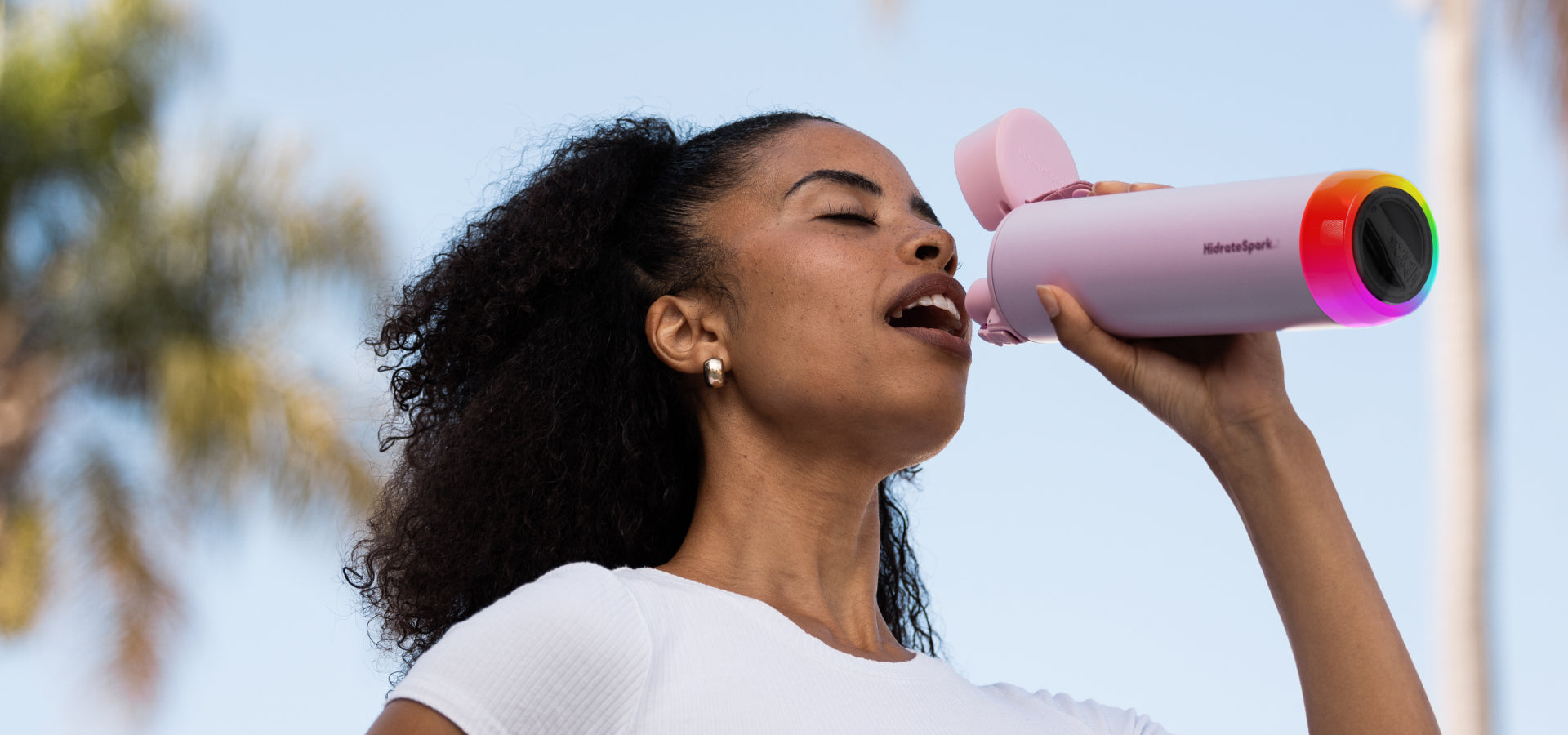
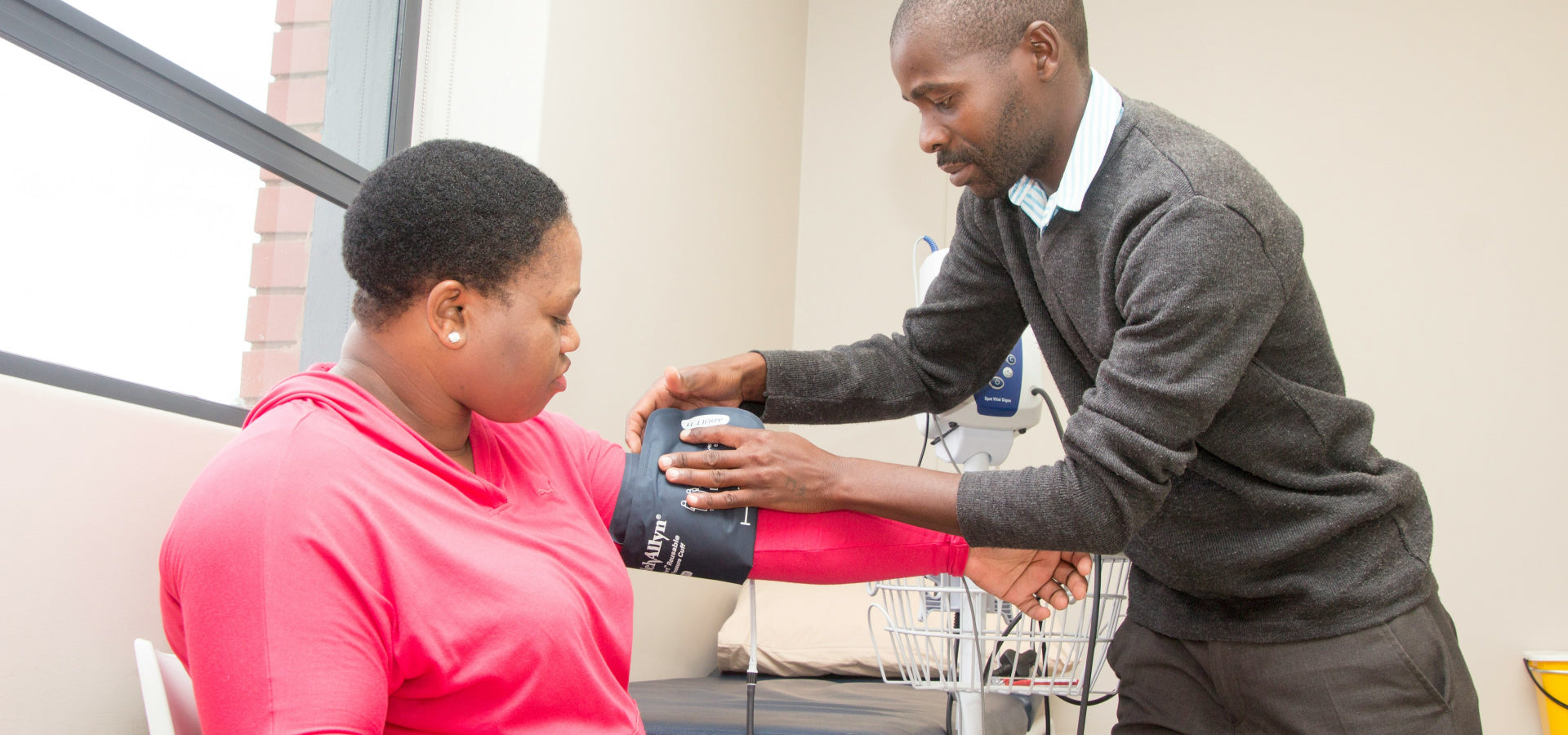
Leave a comment
This site is protected by hCaptcha and the hCaptcha Privacy Policy and Terms of Service apply.